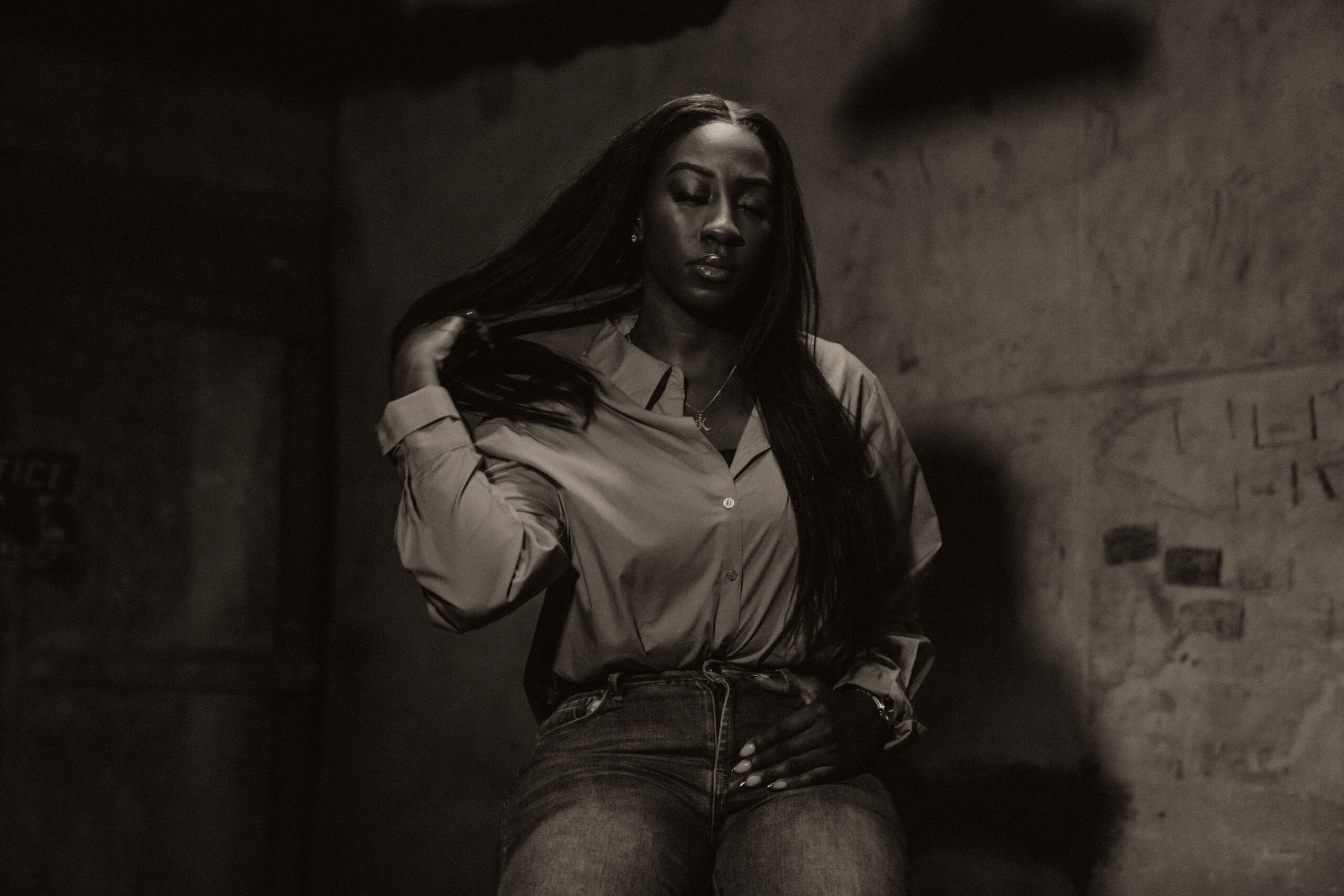Meet Kathe Traore
“I didn’t find my people until my mid-20s. Let’s speed that process up for our next generation.”
Author: Michelle Takara Fairbairn | Editor: Will C. Holden | Creative Director: Algernon Felice Jr.
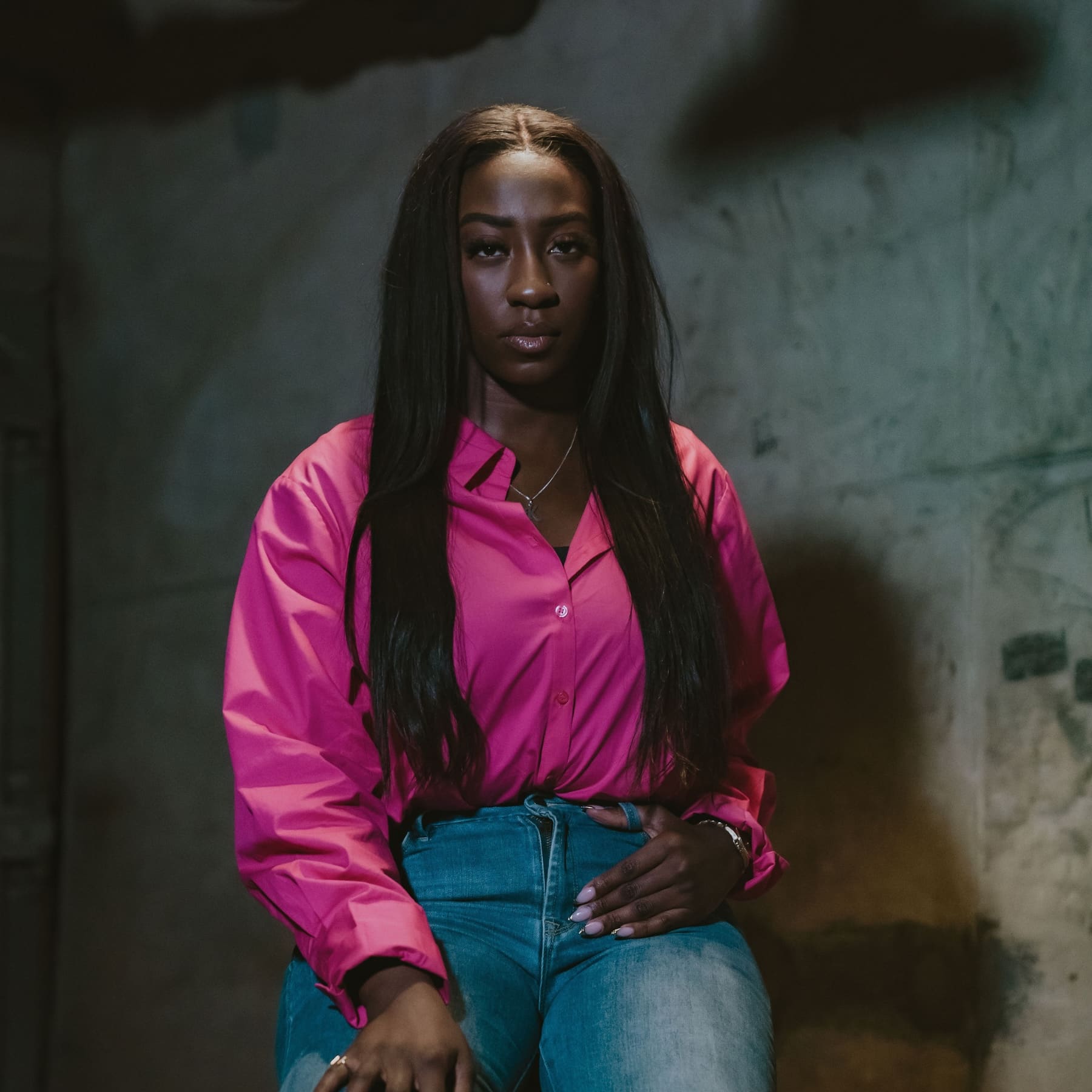
As Kathe Traore moved through K-12 systems across two continents, she felt like she was only given one definition of success.
Graduate. Go to college.
As the daughter of African immigrants, Kathe says, the options were even narrower.
Become a doctor. If that doesn’t work, become a lawyer.
If she wanted a different example, though, she didn’t have to look far. Her father, Kathe says, was a serial entrepreneur. After moving to New York City in the late 80s and becoming a cab driver, he moved with his family to Colorado, where he owned African arts and musical instruments businesses.
When asked, Kathe struggled to recall all the jobs her dad owned while she was growing up. Stuck in her mind, however, are the cultural differences she navigated as she moved through K-12 systems across two continents.
To her fellow Black students in the U.S., she was an African. In her family’s home country of Guinea in West Africa, she stuck out as the tall American girl.
It wasn’t until she was 20 years old that Kathe felt like she “found her people.” And she did so on a campus in central Denver.
Imagine if we could give kids that opportunity much sooner, Kathe says. But she’s not imagining anymore.
Working with Ednium: The Alumni Collective, Kathe was part of a team that collaborated with Gary Community Ventures to imagine new credentials Metro Denver high schools can offer students before they graduate to better prepare them for what comes next, and to help them live choice-filled lives.
These are the lived experiences Kathe will be bringing to those discussions.
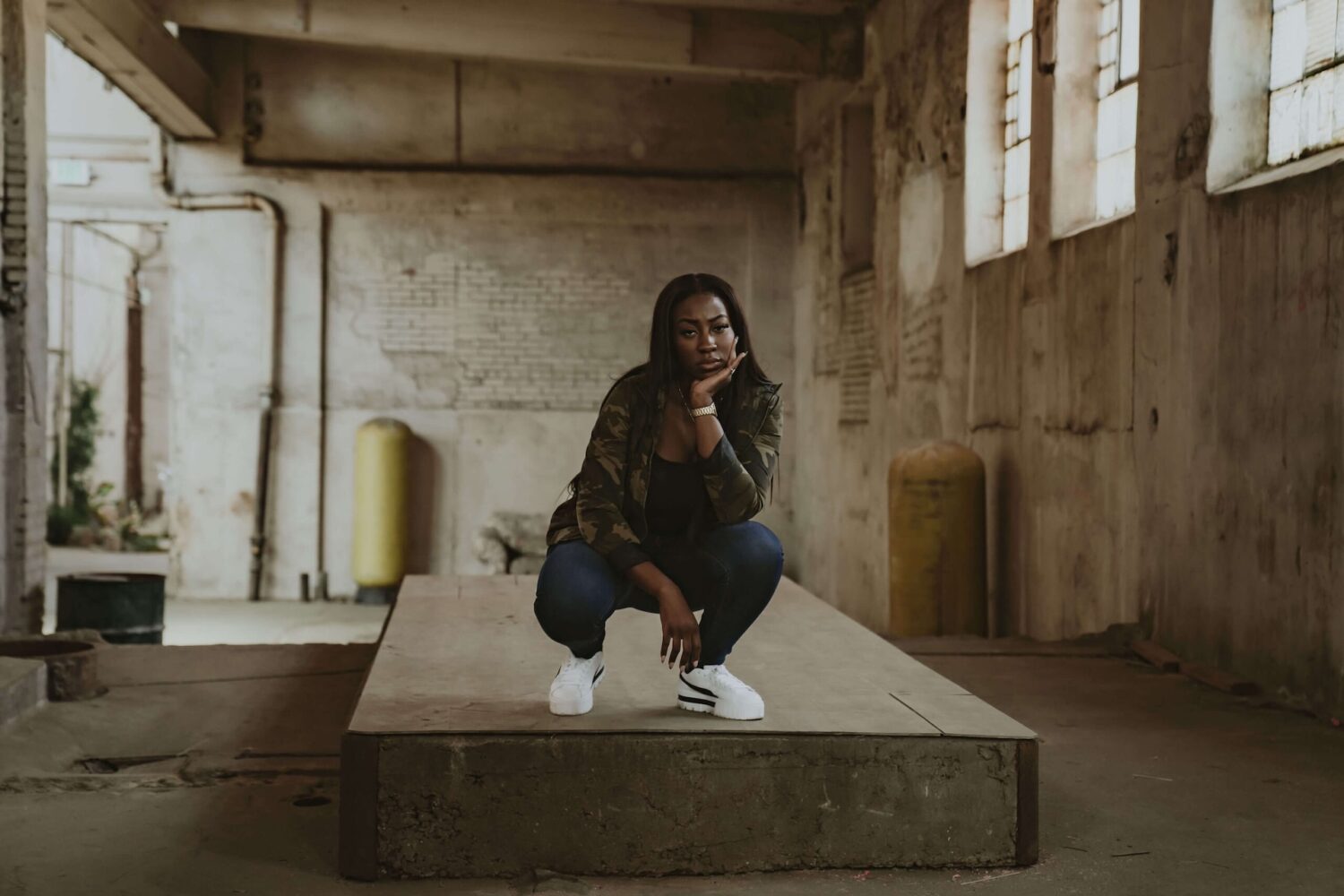
Kathe Traore
Lead photographer: CierraAnn Media, Assistant photographer: Mimarie Creative, Venue: The Headquarters | Sunday Night Meets
Kathe Traore Q&A
We’re here for the Kathe Traore story. Can you tell us a little bit about how it began?
Okay. So, Kathe – she’s a trip. Born in Colorado Springs to African immigrant parents, both from Guinea in West Africa. I know my parents came to the U.S. in the late eighties, early nineties and met here in the states — in New York actually. Then they got married and then said, “we need to get away from all the Africans (in New York).” Can you imagine Colorado Springs in 1995? It’s still pretty white today, but imagine how it looked back then?
Was there any specific reason why they chose Colorado?
Something to do with business. My dad is a heavy entrepreneur. He has never really had an American job. If anything, he was just a taxi driver in New York. And that’s how a lot of immigrants started out. But, he always had his own business, so if I have any sort of entrepreneurial mindset it’s really from him. He had a business where he sold African arts, musical instruments and such, and then he opened up a clothing shop as well.
What did you think about Colorado as a kid?
I spent only a year in Colorado Springs. Right after that, we moved to Denver, in what was then the Stapleton area. I went to Ashley Elementary — it was something. It was difficult growing up and trying to make friends. I had a few friends, but it was here and there. I dealt with some bullying. At this point, I really started to realize the cultural differences. Because the friends who I thought were friends always made it a point to let me know I’m not one of them. It was always from the African American kids – and I would look at it like, “we got the same skin color… what do you mean?” I just wanted to be accepted and be so close to them because they were the closest thing to what seemed similar to me or that I could relate to, right? But it seemed like there was just not going to be any sort of acceptance. So I struggled a lot through elementary with friendships and such.
Were you able to confide in anyone about what you were going through?
It was hard to talk to my parents, because they just didn’t really understand it. My brother actually moved to Guinea when he was about 7 years old. I do think he started to understand it though, because when he came back, he would go by the name Trey. His name is actually Amadou. I heard teachers calling him “Trey” at parent-teacher conferences one year, and I’m like, “Who is Trey?” He leans over and tells me in French, “I tell everybody my name is Trey because there’s this other kid here from East Africa, and he always gets bullied.” So I think we both understood it at that moment.
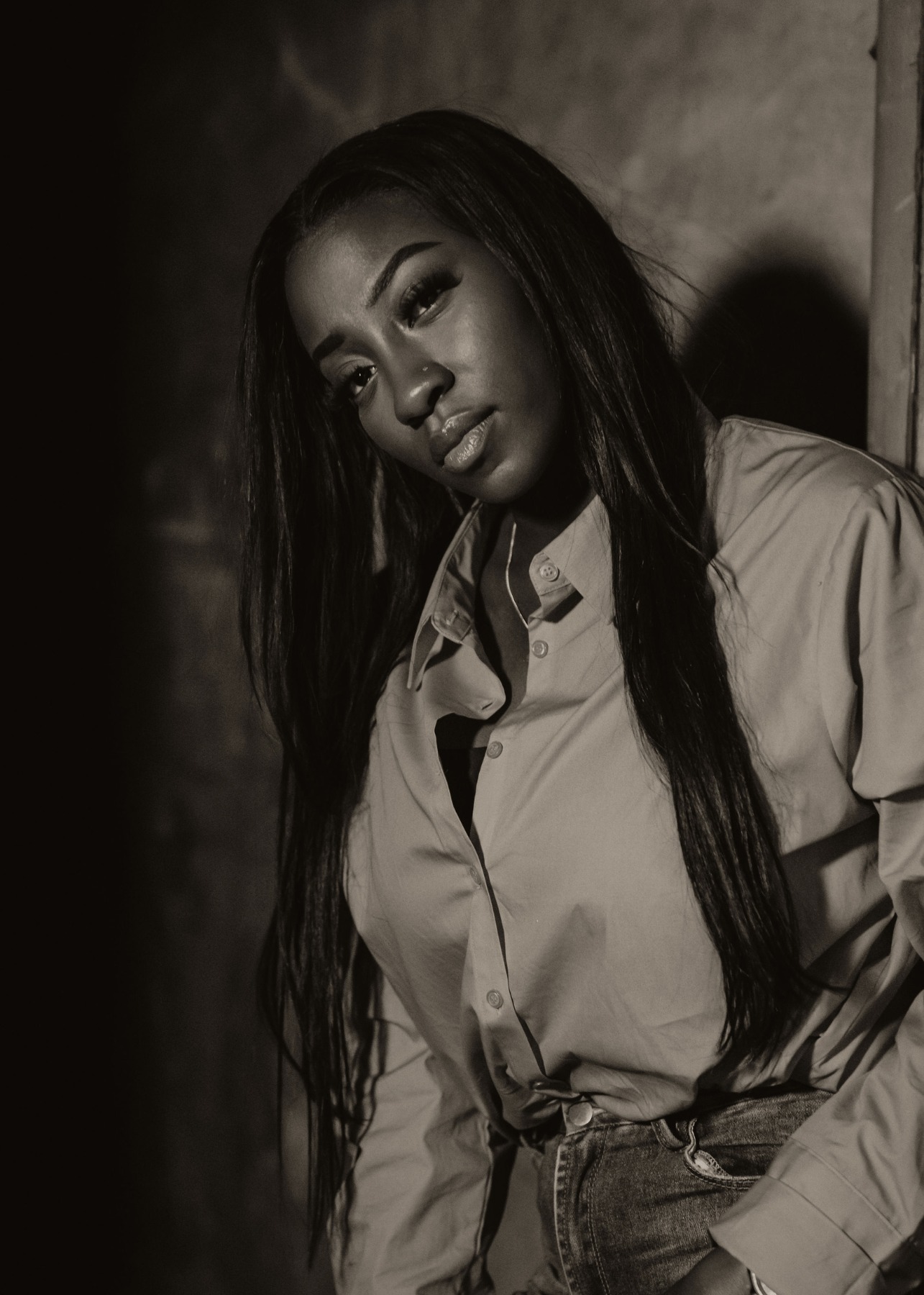
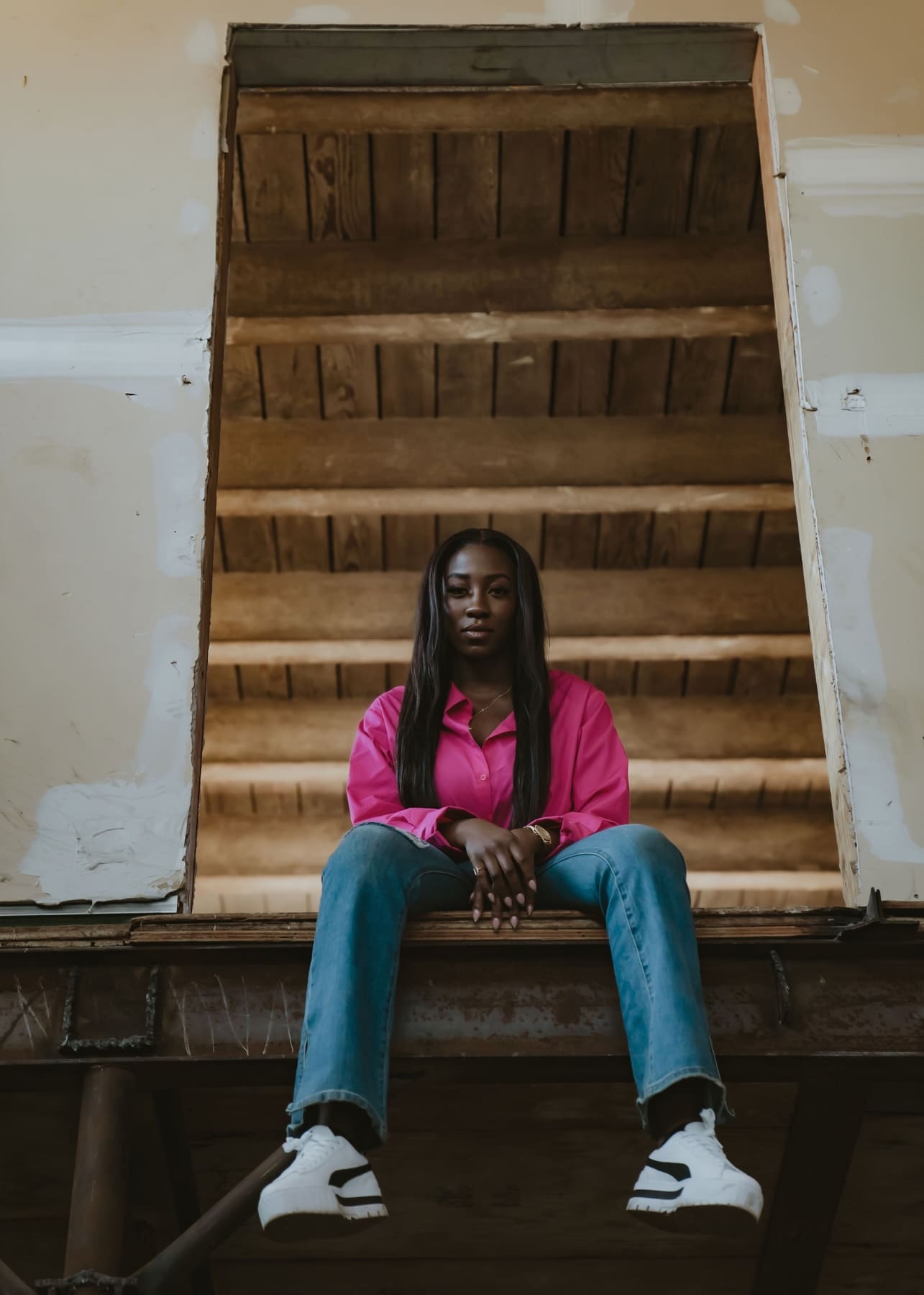
Your brother spent time in Guinea. Were you able to spend time in your parents home country at any point?
Yeah, I moved to Guinea when I was 12, after I finished sixth grade. I spent four years there, and I miss that place. It was a huge, huge cultural shock too, though. I didn’t think there could be so many Black people in one space. My dad always made that place sound like paradise and he knew I wanted to go so bad. I was so excited, and then I got there and I was blown away. I remember landing — the heat hit me — I never felt heat or humidity like that before. I’m like, “This sure isn’t America, I’ll tell you that.”
Did you start school right away? Can you tell us about that experience?
I had summer school to start, and the first day, I remember we were asked to construct simple phrases in French. And basically the only one I could construct was, “I am American and I don’t speak French.” The professor came over, read my sentence and said, “Wait, you speak English?” In english! It was a relief to have someone else to speak english with. After class, he took me to the principal’s office asking to have a meeting with my parents to figure out the possibility of him becoming my tutor. Not too long after, he became my at home tutor. He became like family, really. His name was Mr. Conte. He taught me how to speak French, and I wouldn’t have made it in school without him.
What was it like being in school as you were learning the language?
So in Guinea, they rank students each trimester in classes based on test scores. I think we had a little over 40 kids in my seventh grade class, and I was in the 40s to start. But by the end of the school year, I was in the 30s. Eighth grade is when I really started pulling my weight, because I started to get a sense of how schools worked out there and it tends to be competitive. I no longer wanted to be among the lowest of the class. The classrooms were very simple, all we had was a chalkboard and benches — no white board, projectors or anything like that. All of our lessons had to be handwritten, so as the teacher is writing out the entire lesson on the chalkboard, we are doing the same thing in our notebooks . You better write it fast too, because once he’s done, he’s going to erase it. The lessons were more intense than what I was used to in America. I took it all very seriously, because I wanted to prove a point. Yes, I’m American, but I’m still smart. Because there was this thought that all Americans were dummies who just had everything handed to them.
In the U.S., you were bullied for being an African in America. Did it feel like you stuck out in the opposite way, being an American in Africa?
Actually, it was a complete flip. I was still sort of treated like a foreigner — they called me “American Girl”. But in Guinea, some people wanted what I had. The type of phone I had, the type of bags I had, stuff like that. So yeah, I was still different, but I was never really bullied because of it. Also, by the end of eighth grade, I was ranked like fifth in the class, so my friends were kind of jealous of that. They would call me a teacher’s pet and make fun of my height, because I was super tall. But it was never as bad as it was for me in the U.S.
Share this post
More Changemakers
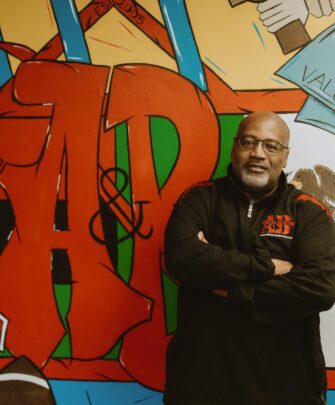
Meet Narcy Jackson
My Spark helps Denver kids access afterschool programs. Narcy Jackson swiftly became its most popular provider.

Meet Nita Gonzáles
There are no revolutions without poets. And its hard to create poets, Nita says, without afterschool programs.

Collaborative Healing Initiative Within Communities (CHIC)
The impacts of racism on Black Coloradans aren’t abstract. A new study aims to provide tangible solutions.

The Savings Collaborative
37% of Americans don’t have $400 in savings. One organization is working to change that.
